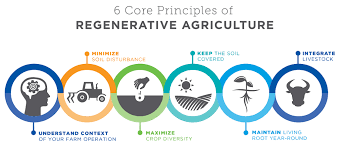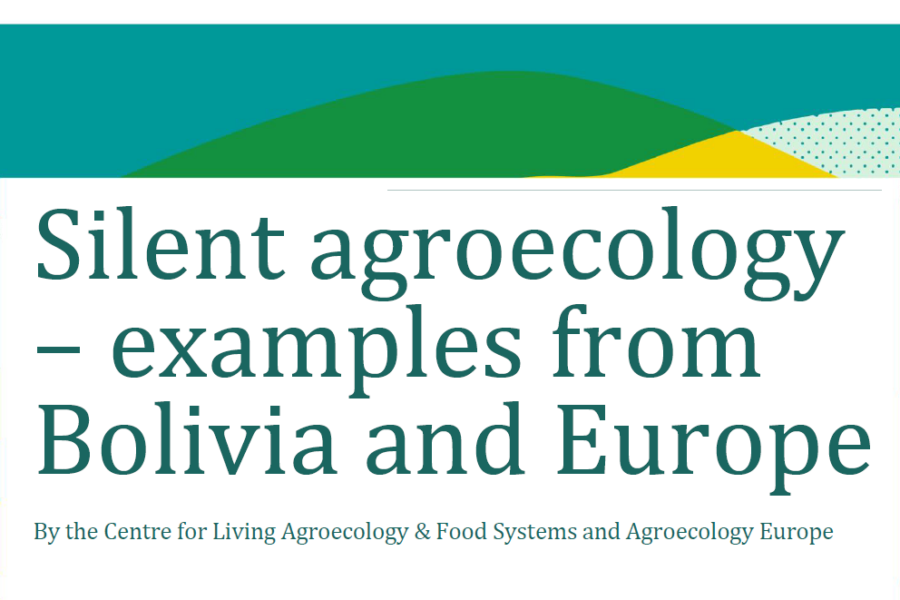
Regenerative agriculture gain attraction as a response to environmental and socio-economic challenges, and for on-farm implementation. Yet, not much is known who are the key proponents.
A new study provides the first systematic assessment of regenerative agriculture proponents across five European countries—Germany, the Netherlands, France, Spain, and Portugal—through the analysis of hundreds of actor websites and more than 130 interviews with farmers. Results reveal a marked shift from an early farmer-led, grassroots movement toward increasing dominance by non-farming actors, particularly multinational processing and sourcing companies. While actor engagement grew sharply after 2016, the number of new regenerative farmers has declined since 2021. Across actors, thematic emphasis skewed strongly toward environmental dimensions, especially soil health and biodiversity, with comparatively limited attention to socio-economic themes. Among nearly 5,000 cited practices, cover cropping, crop diversification, and agroforestry were most frequently promoted, though their prevalence in discourse does not necessarily reflect adoption at farm level. Key divergences emerged between farmer and corporate narratives, particularly concerning expectations for reducing versus eliminating tillage, pesticides, and synthetic fertilizers. These findings highlight significant power asymmetries, conceptual ambiguity, and the potential risk of corporate co-optation of regenerative agriculture. The credibility and utility of regenerative agriculture will depend on its demonstrated capacity to deliver measurable environmental regeneration and improved social outcomes. But this remains uncertain as such evidence is not yet established
For more information:


